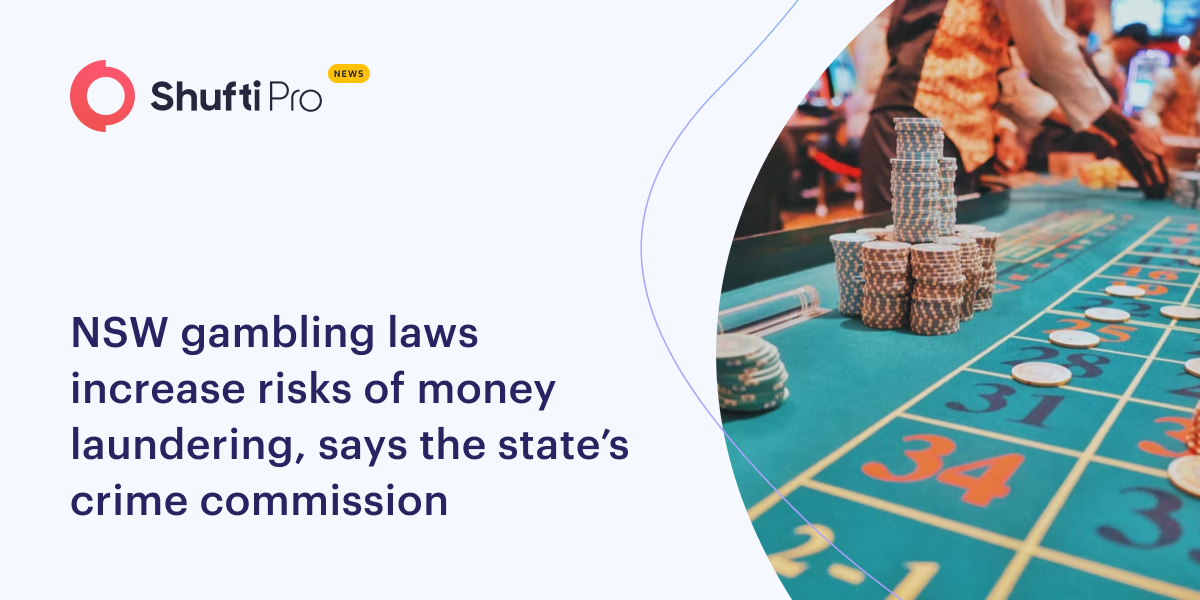NSW Gambling Laws Increase Risks of Money Laundering, Says the State’s Crime Commission

The New South Wales Crime Commission says that some of the state’s gambling laws have increased the risk of money laundering through poker machines.
While suggesting that the credit limits in NSW clubs must be “significantly” reduced, the Crime Commission shed light on the reason for increased money laundering risks. This happened after anti-gambling advocates dismissed an “utterly cynical” proposal from lobby group Clubs NSW for a new “code of practice” that would allow family members of gambling addicts to request they be banned from venues.
In December, the Crime Commission, which has royal commission-style powers and investigates serious crimes, announced it would run a dedicated inquiry into money laundering through the state’s poker machines.
In a silently issued paper, the commission asked whether poker machine credit limits should be “significantly reduced”. The commission said a “lack of detail and transparency” around gambling machine tickets in NSW works to create a “potential avenue” for illegal activity, while other laws inadvertently “increase the vulnerability of the sector by people seeking to launder money”.
The commission pointed to the use of the tickets to redeem money from poker machines as a potential tool for criminal activity. The tickets are anonymous if less than $5,000 is claimed, and do not tally how much money is put through a machine, or the amount won or lost.
The commission said a person could put $5,000 from the proceeds of crime into an electronic gaming machine (EGM), place one losing bet of $5, and then redeem the ticket in cash. In the scenario, the ticket displays the “cash out amount” – but not the $5 bet.
“The person repeats this process several times a week at different licensed venues,” the paper states. “If questioned by law enforcement about the source of cash in their possession, the person produces photos of their tickets.”
The commission said other laws actually increased the ability for criminal groups to launder money through poker machines, as winnings above $5,000 must be paid out in a bank transfer or cheque by the club. But those payments do not track how much money is played into a poker machine.
Suggested read: NSW Government Introduces New Money Laundering Laws To Combat Organised Crimes

 Explore Now
Explore Now













